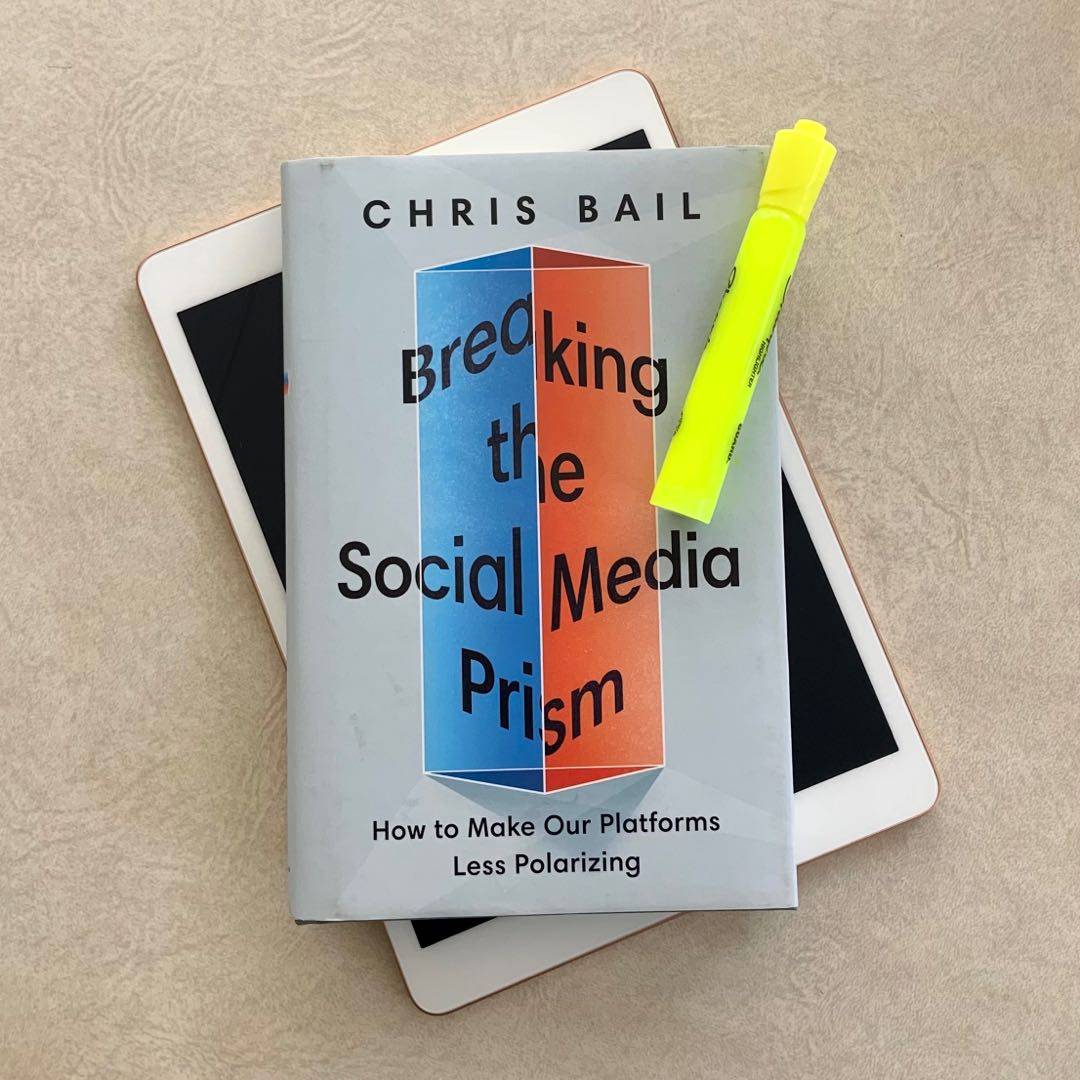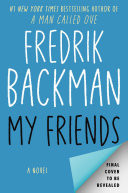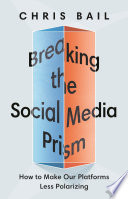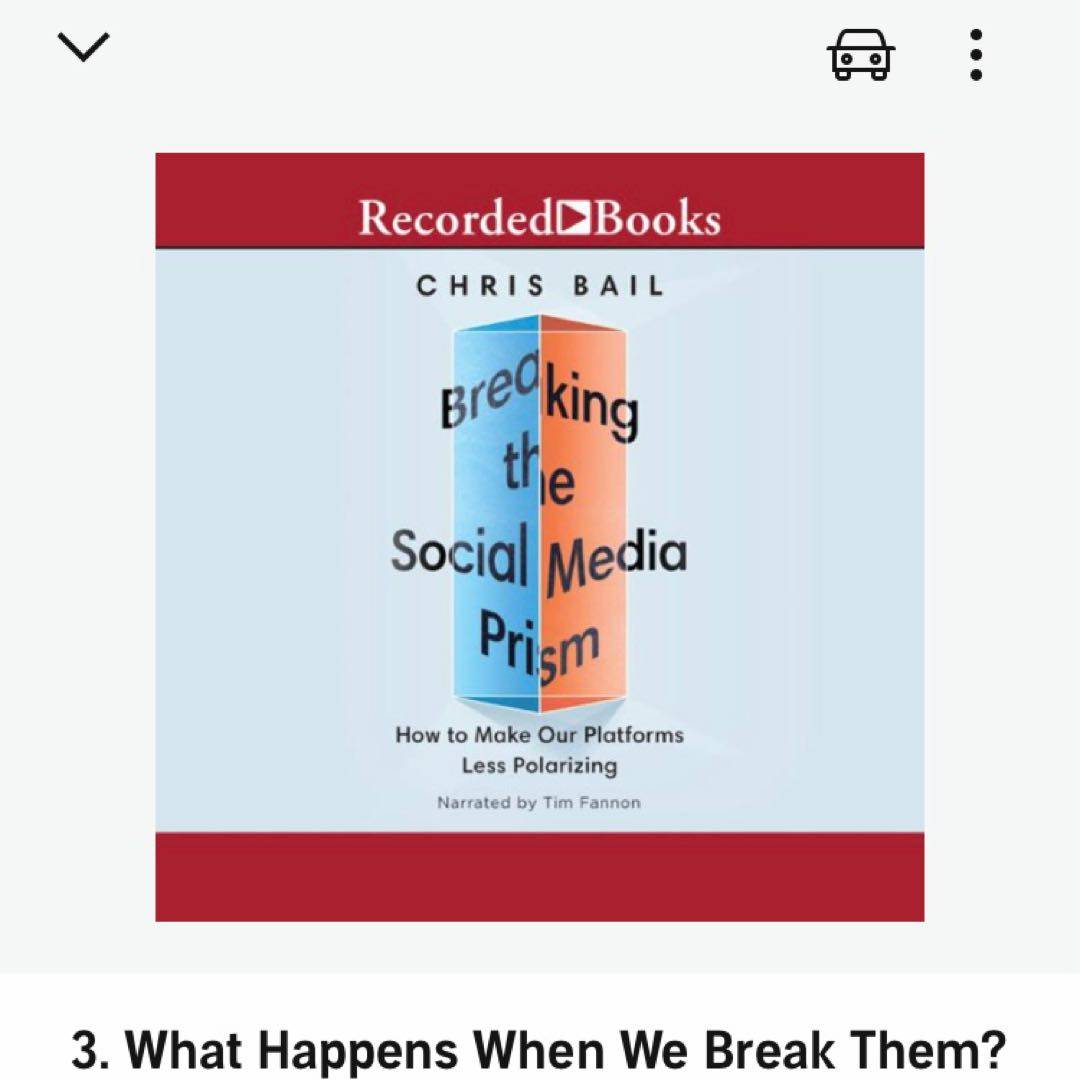
This is super accessible and will affect the way I discuss social media, echo chambers, polarization, and more with my Intro to Sociology students. The “let‘s all act more moderate online!” vibe is hard for me, but there‘s lots of good research-based stuff about how we can communicate better across difference. The author‘s Polarization Lab at Duke has some cool tools to play around with - www.polarizationlab.com/our-tools




















